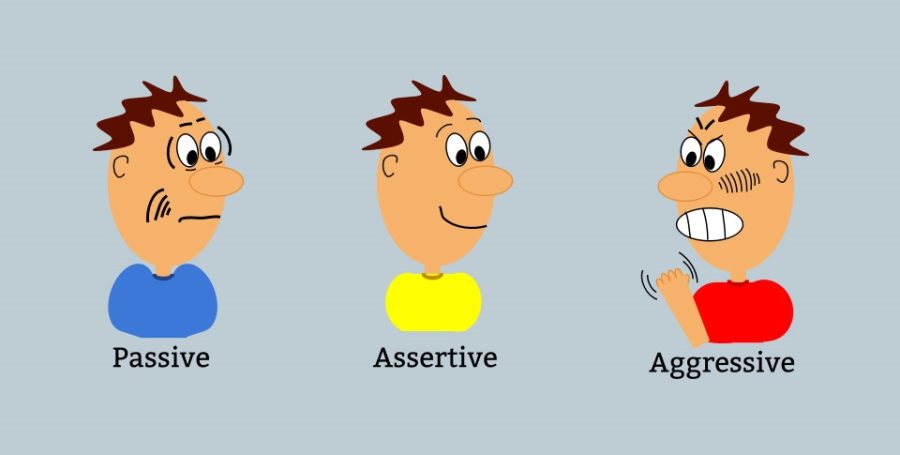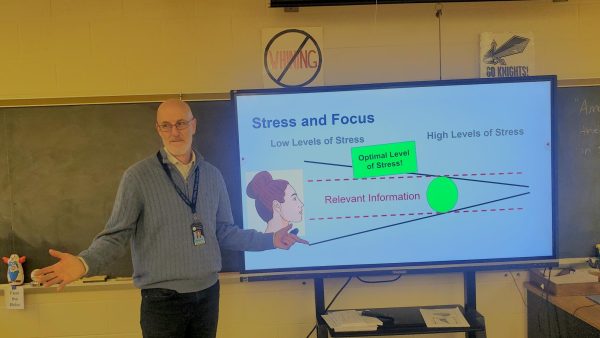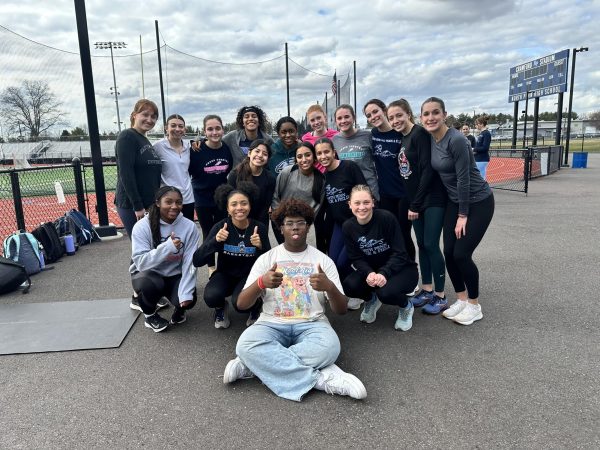Implementing assertiveness in your daily life
Do you feel ignored or walked over? Do you feel a lack of confidence within yourself? Do you feel like you do a lot for other people but never receive it back?
Assertiveness is the best way to gain confidence, and stand up for yourself. Assertiveness is a way of communicating. It’s a way we can speak in a respectful but honest manner. There are a lot of people who struggle with assertiveness; they’re called passives. Passive people tend to be scared to say what they want to do or how they’re feeling to accommodate the ones around them. On the opposite side of the scale, there are people who are too assertive, becoming aggressive. Aggressive people will try to force what they want upon you using strong words or physical force. When you are too passive or too aggressive, you are never truly getting your point or feelings across. That is why being assertive is the best communication technique.
Implementing assertiveness is a technique that people learn over time. It can be hard to find a happy medium between accommodating others but also expressing your view. In an article published in Harvard Business Review, Daniel Ames, a professor of management at Columbia Business School and author of “Pushing Up to a Point: Assertiveness and Effectiveness in Leadership and Interpersonal Dynamics.” states, “There’s a sweet spot for assertiveness. If you’re below the range, you’re not going to get your way. If you’re above it, you’re not getting along with others.”
To be assertive, you need to think about what your style is. Are you too passive? Too aggressive? Once you address what your communication style is, you should practice expressing how you’re feeling in a respectful manner. Using statements such as “I feel” or “It hurt me when” helps you gather the confidence to express how you are feeling instead of focusing entirely on how the other person feels.
It’s important to remind yourself that it’s okay to say no, and start being more assertive in smaller ways. A 2013 study published by U.S. National Library of Medicine National Institutes of Health titled “The Effectiveness of Assertiveness Training on the Levels of Stress, Anxiety, and Depression of High School Students” states, “The results of the current study show that conducting assertive training in high school students decreases their anxiety, stress, and depression. Given that high school years are among the most sensitive stages of one’s life plus the fact that conducting such training programs besides their safe and low cost nature are effective and practical, it is highly recommended that such programs be carried out among high school adolescents.”
Whether it is a life changing situation, or a simple yes or no question, being assertive by saying no helps you prioritize what is the best thing for you. You start to become more comfortable with standing up for yourself. Being more assertive builds confidence, helps you to understand your feelings, and gains respect from others. When you know how to express your point of view while respecting others it makes other people feel comfortable discussing important issues with you.
When emotions take over while trying to be assertive, that can make you become aggressive. You want to make sure that you have a strong understanding of your feelings, and that you can control them before confronting assertiveness. If you are becoming too angry, countdown from 10. If you feel tears arising, take deep breaths and process more of what you want to say. Staying calm can help you decompress your feelings, but it also makes other people think you’re confident in what you are saying. Everyone takes different paths to becoming more assertive. Even if your path is slow or fast, the journey to building your confidence, and recognizing your feelings is the most important part.












